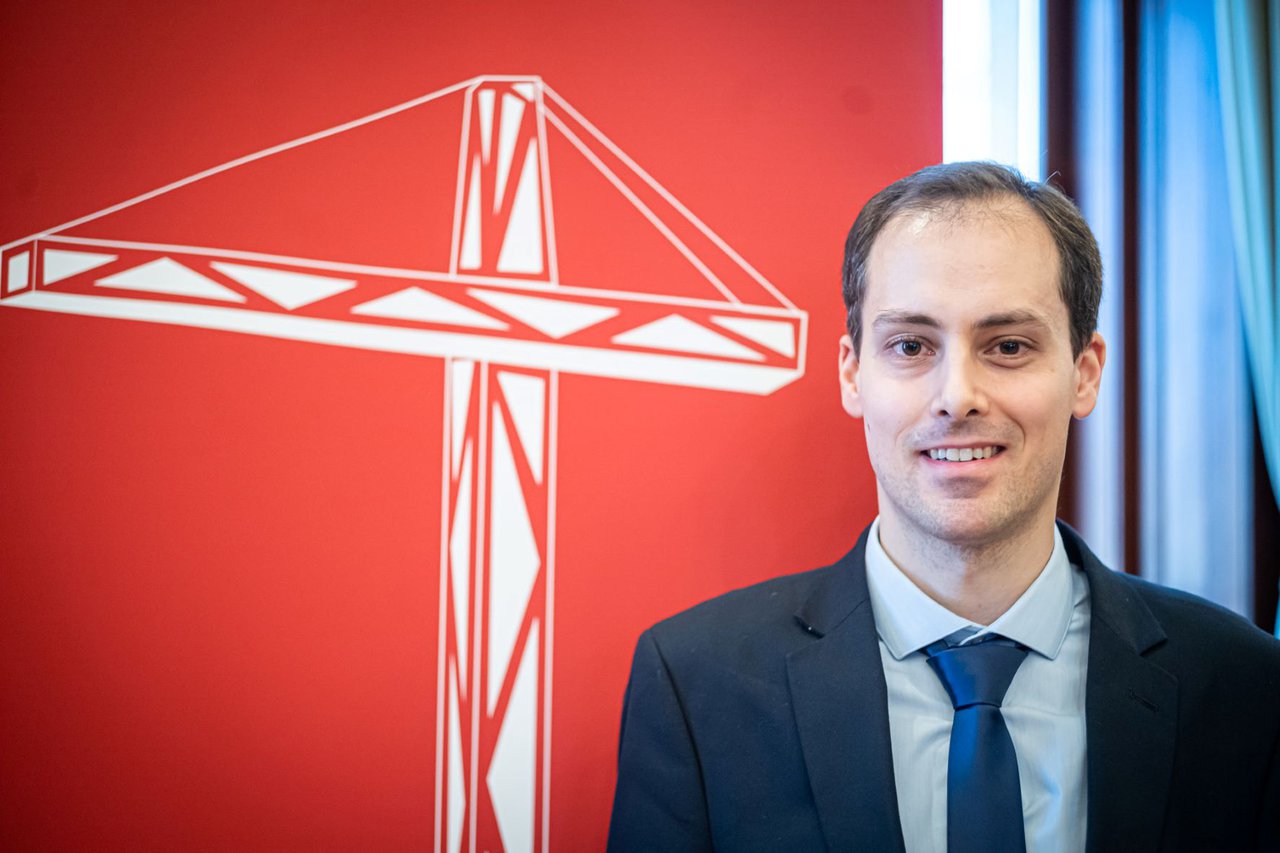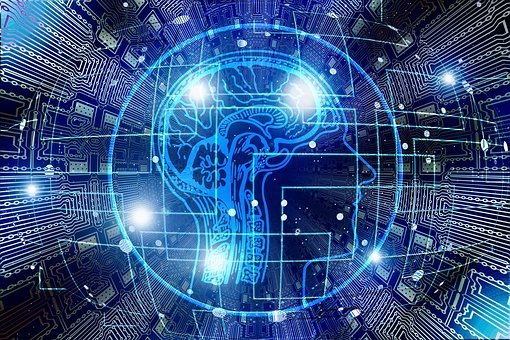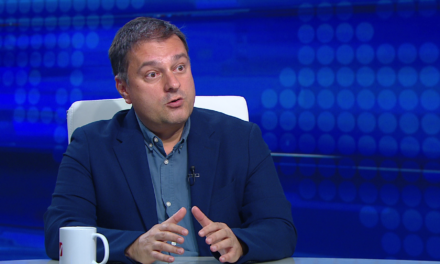The rapid technological development of the past decades causes many people to worry. With the spread of artificial intelligence, the fear of replaceability and the fictitious image of a society controlled by robots appeared among people. - We cannot create something better than what we are ourselves - says pastor Balázs Németh, researcher and lecturer at the Budapest University of Technology and Economics (BME). We look at the interview conducted by reformatus.hu with him.
Roughly six or seven years ago, the line in the control design of self-driving vehicles began to strengthen, the teacher began, to use algorithms based on artificial intelligence to implement the various self-driving functions. Around this time, research into this became very fashionable in the automotive industry. Since then, this topic has been a part of everyday speech, because many people have become aware that, for example, the speech recognition in the telephone, or the search engines on the Internet, as well as the so-called cookies, all work on the basis of such machine learning. It seems that, as Christians, people view this trend with a kind of fear, and this reservation is still present in people today.

Balázs Németh/Photo: László Sebestyén/reformatus.hu
Currently, the main source of danger does not lie in the fact that the algorithm says no to humanity and turns against it. In contrast to physical reality, a parallel reality appears - such as the promise of the Metaverse - which can absorb a person, thereby cutting them off from the real world, from tangible human connections. This currently affects all age groups.
As Christians, we have greater hope for our future in Christ.
We experience our social relationships online in many ways. I am afraid that if it develops even further in terms of experience, reality, and availability, it may have a negative impact on the following generations. We can be separated from real life, we can become more vulnerable to the whims and controllers of virtual reality. Unfortunately, we as individuals have almost no influence on the trend, what we do have is what we allow into the lives of ourselves, our families, and our churches. It may be our responsibility not to remain naive and ignorant of technological issues, but to try to understand how it works and what is behind it. It is not necessary to classify everything as bad, but what is good must be kept, but within thoughtful limits.
I think that the development of technology and the resulting tools can be considered basically neutral, so they are neither bad nor good in themselves. Kálvin argues in favor of tools, that we can live freely with them - according to the standards from above. Moreover, we can also see God's providence in the fact that, in some respects, our quality of life can improve compared to the past. Think of the vaccine against Covid or the cure of diseases. God gave man the ability to fight with them. I think that if we look at AI (artificial intelligence) as a tool, it can become a good, useful help. However, it is also true that we cannot create anything better than what we ourselves are. Moreover, it is unable to provide an answer to man's basic problem, separation from God and sin. We are people in need of salvation, we really need Christ. For me, the limitations of AI also point to this. Many people in the world expect artificial intelligence to make their lives better, which is a realistic expectation on a certain level, since it is being developed to make it easier to manage processes and tasks. But it is already an unrealistic expectation that our basic existential questions can be solved by these tools, and that we can thereby reach a kind of perfect state. I used to say that we handle AI in its place as long as we pay attention to it so that it does not become a secular salvation.
Don't let the world of algorithms become a demiurge raised above us
Let us not expect and hope from him something that we can only find in Christ who died and rose again for us.
Source: reformatus.hu
Featured Image: Pixabay












